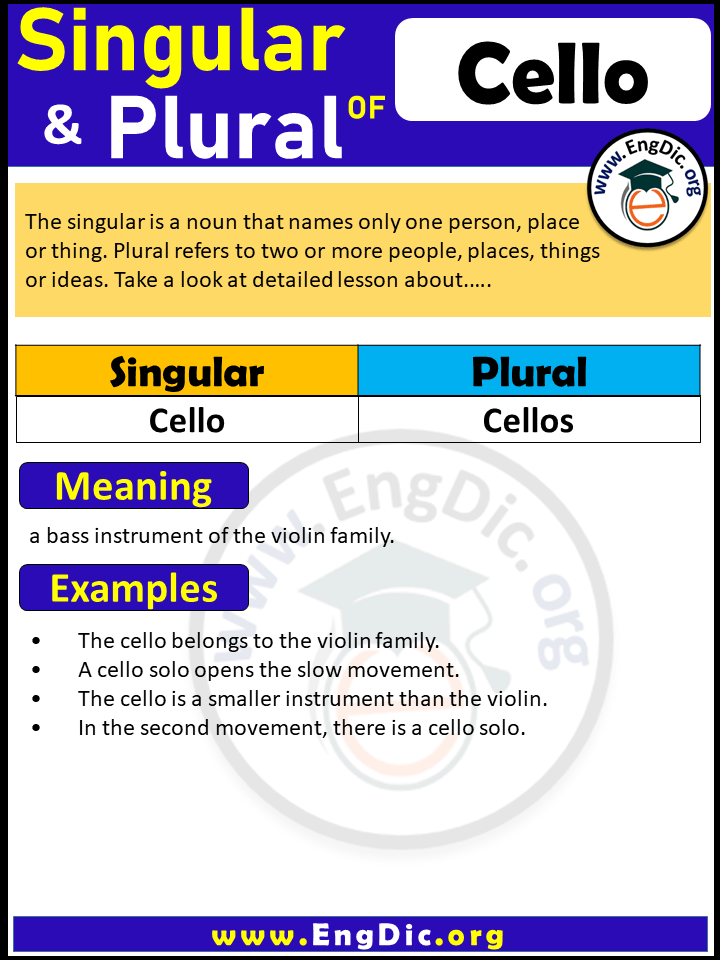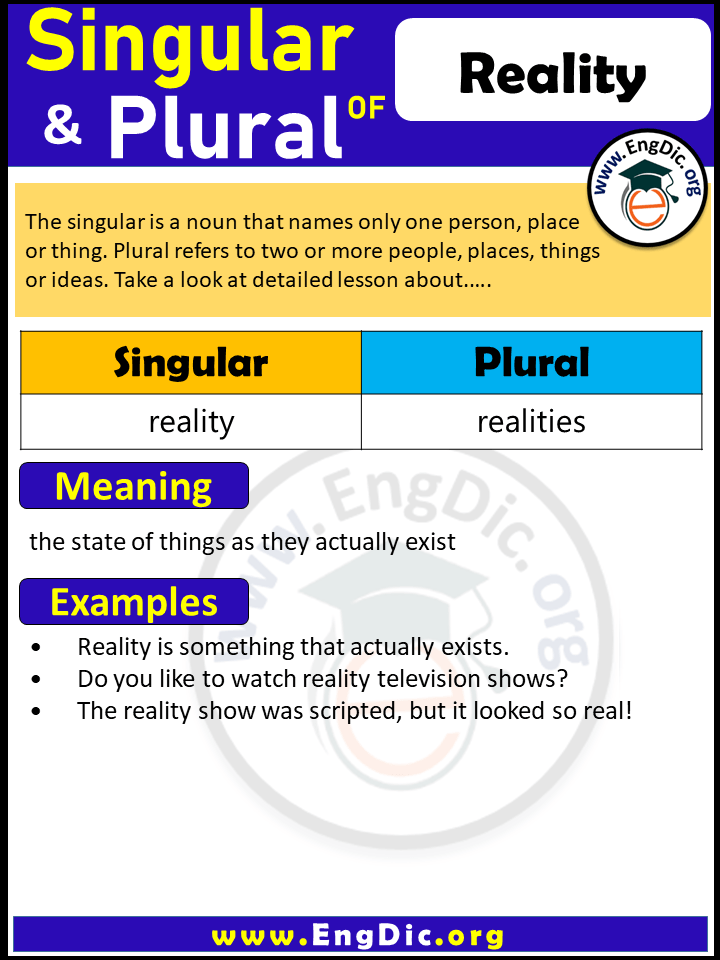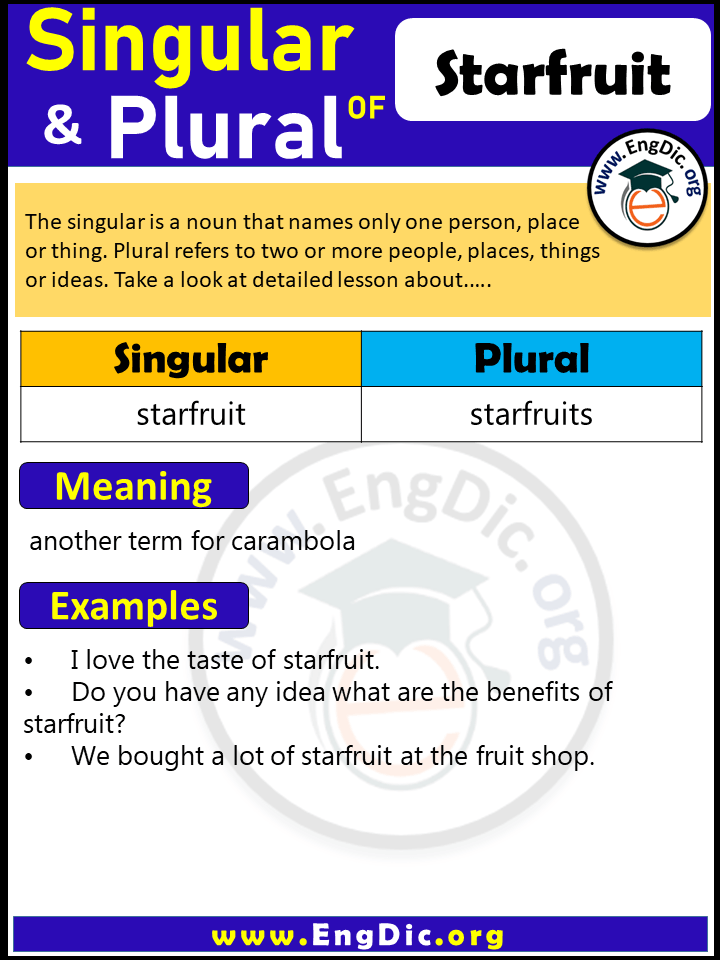Meaning: something that is difficult to understand
Singular and Plural of Mystery
| Singular | Plural |
| mystery | mysteries |
Mystery as a Singular Noun in Example Sentences:
- The detective was determined to solve the mystery.
- The book kept me captivated with its intriguing mystery.
- The disappearance of the artifact was shrouded in mystery.
- She was drawn to the allure of the unsolved mystery.
- The author masterfully crafted a suspenseful mystery novel.
- The mansion harbored a dark and haunting mystery.
- The detective carefully examined the clues to unravel the mystery.
- The film explored the depths of the human psyche through a psychological mystery.
- The village was known for its legends and tales of mystery.
- The true identity of the masked vigilante remained a mystery.
Mystery as a Plural Noun in Example Sentences:
- The mysteries intrigued detectives on the case.
- We explored ancient ruins, uncovering hidden mysteries.
- Scientists study the universe’s cosmic mysteries.
- The book reveals unsolved mysteries from history.
- The museum displays intriguing historical mysteries.
- Students discussed various unsolved mysteries in class.
- Archaeologists seek answers to ancient mysteries.
- The deep sea holds captivating underwater mysteries.
- The case remains open, filled with puzzling mysteries.
- The show’s plot revolves around thrilling supernatural mysteries.
Singular Possessive of Mystery
The singular possessive form of “Mystery” is “Mystery’s”.
Examples of Singular Possessive Form of Mystery:
- I was captivated by the allure of Mystery’s plot.
- Mystery’s secret was finally revealed in the last chapter.
- The detective was determined to solve Mystery’s case.
- The protagonist unraveled Mystery’s hidden message.
- The journalist interviewed Mystery’s author for insights.
- The readers eagerly awaited Mystery’s next installment.
- The movie adaptation captured the essence of Mystery’s story.
- The critic praised Mystery’s intricate and suspenseful narrative.
- The bookstore dedicated a section to Mystery’s novels.
- The readers discussed their theories about Mystery’s ending.
Plural Possessive of Mystery
The plural possessive form of “Mystery” is “Mysteries'”.
Examples of Plural Possessive Form of Mystery:
- The bookstore showcased various Mysteries’ bestsellers.
- The detectives examined Mysteries’ unsolved cases.
- The book club discussed the themes of different Mysteries’ plots.
- The library organized a special event featuring Mysteries’ authors.
- The writers explored the depths of Mysteries’ enigmatic nature.
- The readers enjoyed unraveling Mysteries’ intricate puzzles.
- The bookstore owner recommended several Mysteries’ must-reads.
- The critics praised the creativity and diversity of Mysteries’ narratives.
- The podcast delved into the history of famous Mysteries’ solutions.
- The magazine published a list of the most popular Mysteries’ endings.






